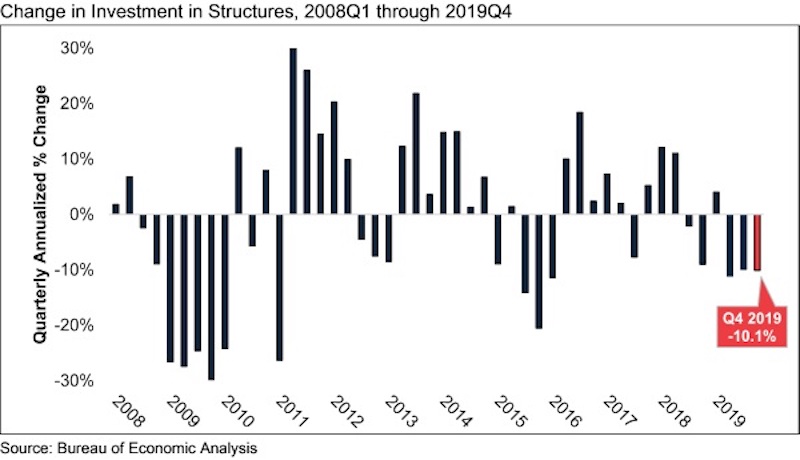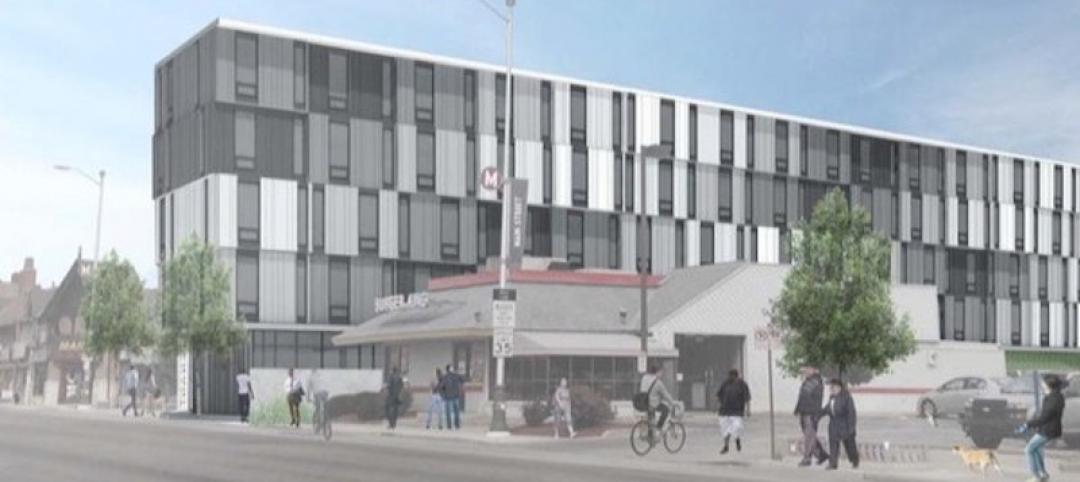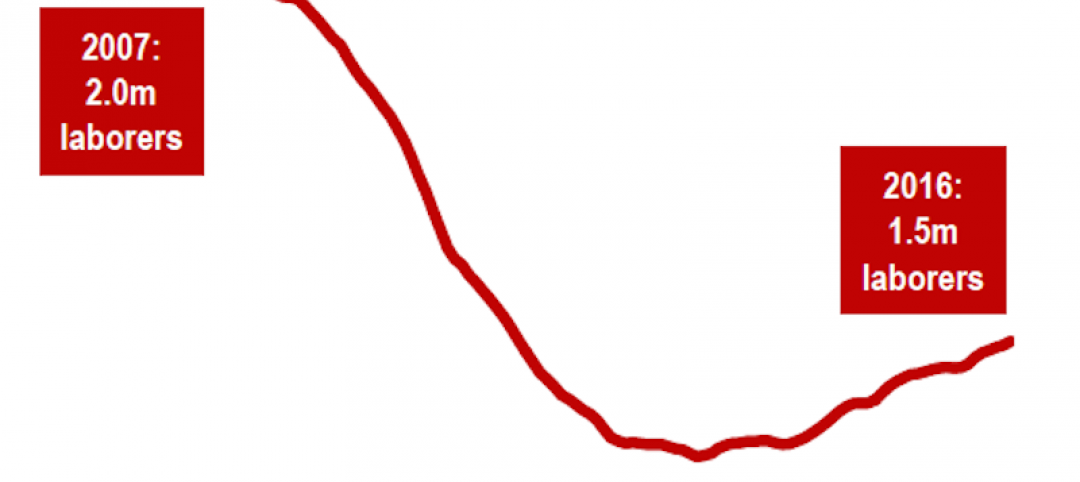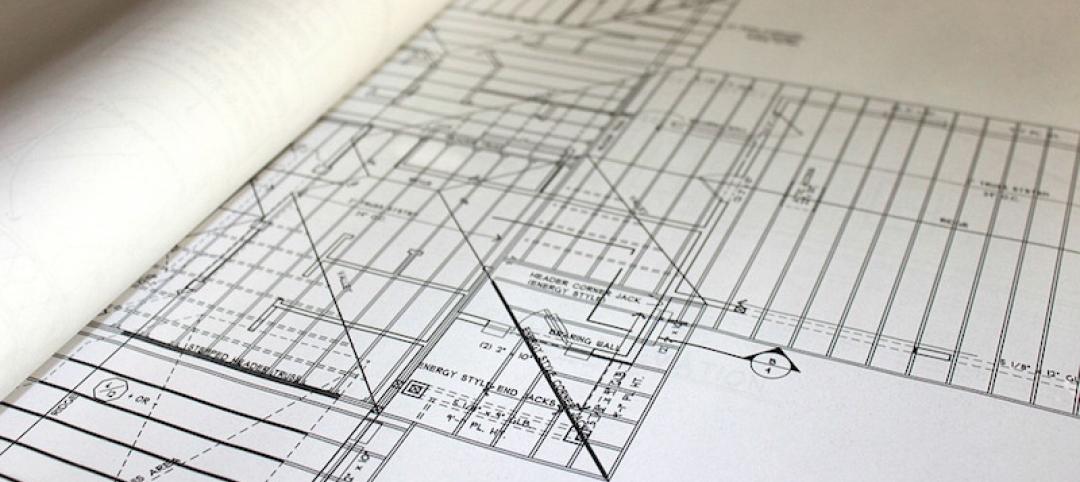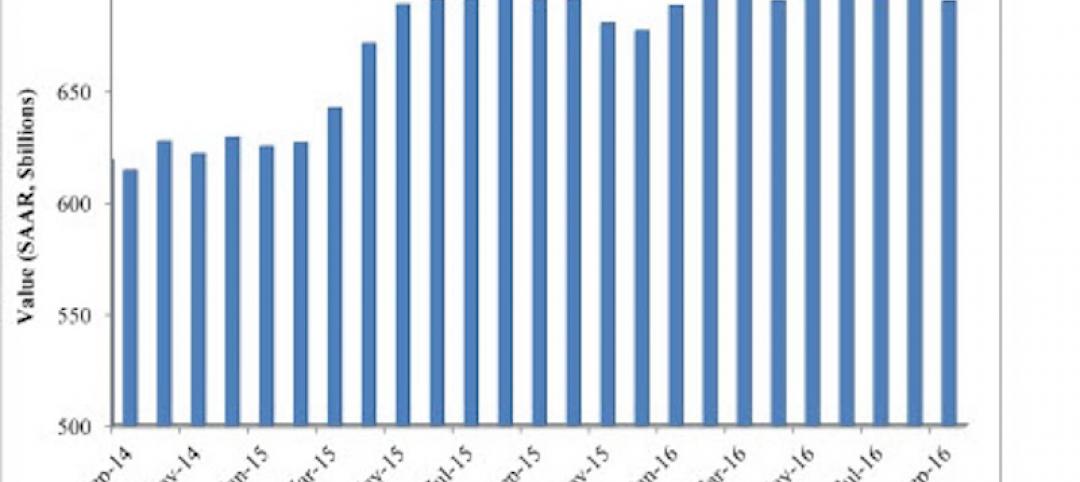The U.S. economy expanded at an annualized rate of 2.1% in the fourth quarter of 2019, despite investment in structures declining at an annualized rate of 10.1%, according to an Associated Builders and Contractors analysis of data released today by the U.S. Bureau of Economic Analysis. Investment in structures contracted for three consecutive quarters and declined 4.4% during 2019.
In 2019, real GDP expanded by 2.3%, which was slower than the 2.9% rate of growth observed in 2018. Investment in structures contracted 4.4% in 2019 after expanding by 4.1% in 2018.
“Last year will be remembered as decent but unspectacular for the U.S. economy,” said ABC Chief Economist Anirban Basu. “Strong consumer spending, historically low unemployment, surging asset prices and healthy backlog levels, according to ABC’s Construction Backlog Indicator, were offset by soft business investment, flattening levels of nonresidential construction and soaring national debt. In addition, key segments of the economy, including manufacturing and agriculture, were particularly weak.
“But 2019 tells us little about 2020 dynamics,” said Basu. “Coming into last year, many expected interest rates and the general cost of capital to rise. Instead, interest rates dipped, creating an improved environment for purchasers of construction services. Last year was also shrouded by fears of worsening trade wars, but with the ratification of the USMCA and the attainment of a first phase trade deal with China, the level of uncertainty has abated. Through the first month of 2020, this has translated into rising stock prices, which should induce greater business investment.
“This year’s presidential election may cause some purchasers of construction services to adopt a wait-and-see attitude,” said Basu. “Contractors are currently upbeat about their prospects over the next two quarters, according to ABC’s Construction Confidence Index. However, given contracting levels of investment in structures, it is unclear if that will persist through the end of 2020.”
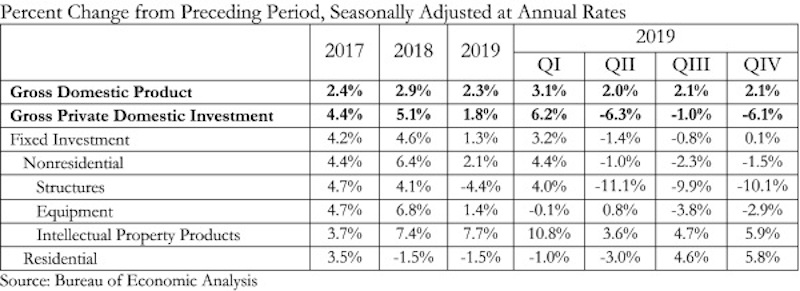
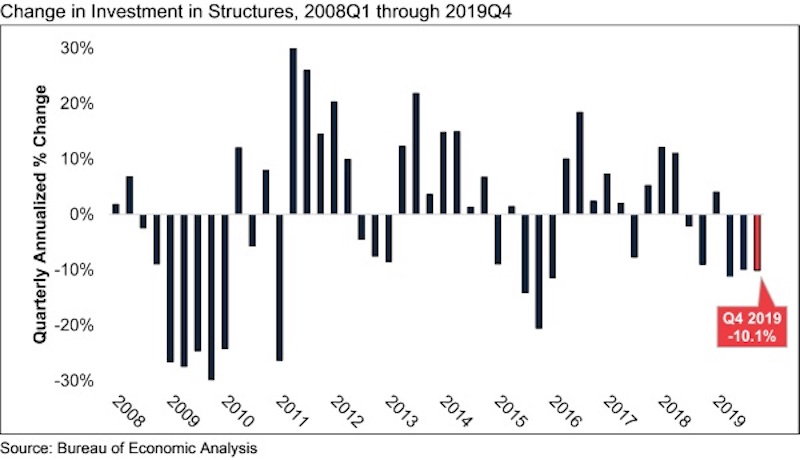
Related Stories
Market Data | Nov 30, 2016
Marcum Commercial Construction Index reports industry outlook has shifted; more change expected
Overall nonresidential construction spending in September totaled $690.5 billion, down a slight 0.7 percent from a year earlier.
Industry Research | Nov 30, 2016
Multifamily millennials: Here is what millennial renters want in 2017
It’s all about technology and convenience when it comes to the things millennial renters value most in a multifamily facility.
Market Data | Nov 29, 2016
It’s not just traditional infrastructure that requires investment
A national survey finds strong support for essential community buildings.
Industry Research | Nov 28, 2016
Building America: The Merit Shop Scorecard
ABC releases state rankings on policies affecting construction industry.
Multifamily Housing | Nov 28, 2016
Axiometrics predicts apartment deliveries will peak by mid 2017
New York is projected to lead the nation next year, thanks to construction delays in 2016
Market Data | Nov 22, 2016
Construction activity will slow next year: JLL
Risk, labor, and technology are impacting what gets built.
Market Data | Nov 17, 2016
Architecture Billings Index rebounds after two down months
Decline in new design contracts suggests volatility in design activity to persist.
Market Data | Nov 11, 2016
Brand marketing: Why the B2B world needs to embrace consumers
The relevance of brand recognition has always been debatable in the B2B universe. With notable exceptions like BASF, few manufacturers or industry groups see value in generating top-of-mind awareness for their products and services with consumers.
Industry Research | Nov 8, 2016
Austin, Texas wins ‘Top City’ in the Emerging Trends in Real Estate outlook
Austin was followed on the list by Dallas/Fort Worth, Texas and Portland, Ore.
Market Data | Nov 2, 2016
Nonresidential construction spending down in September, but August data upwardly revised
The government revised the August nonresidential construction spending estimate from $686.6 billion to $696.6 billion.


